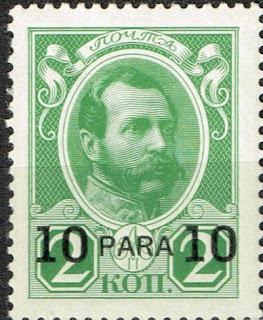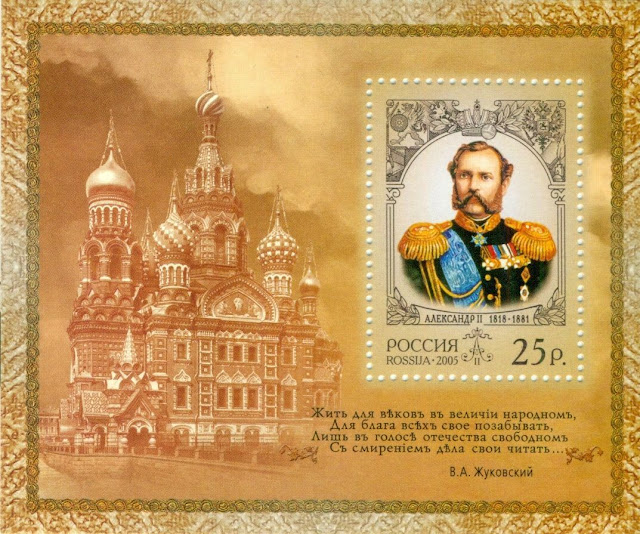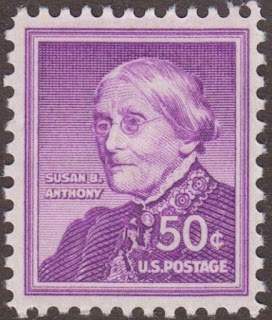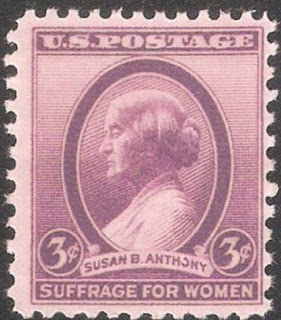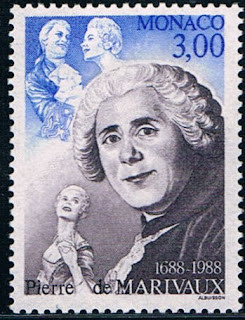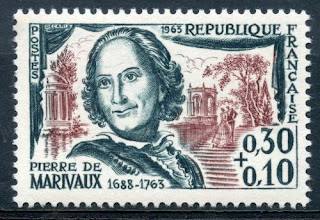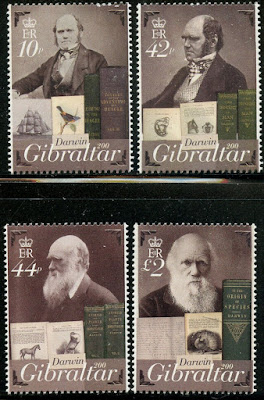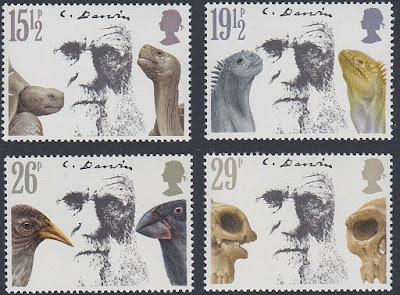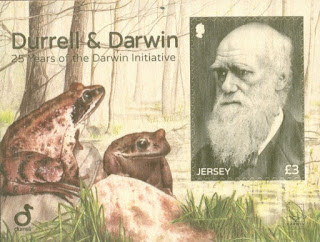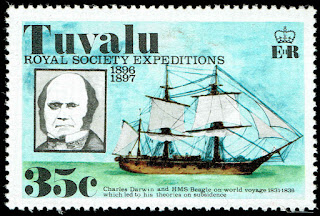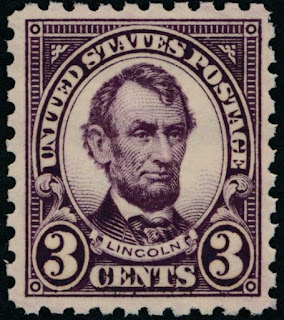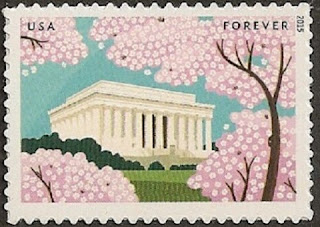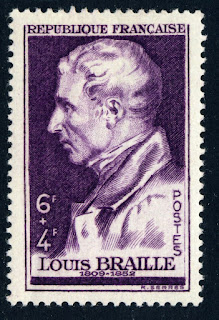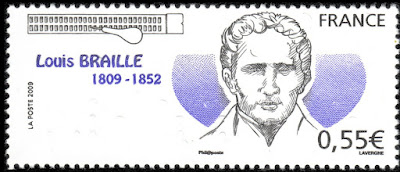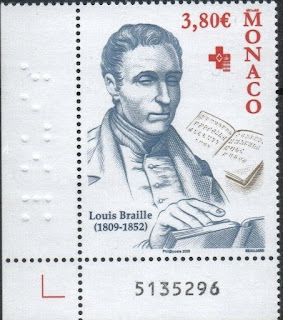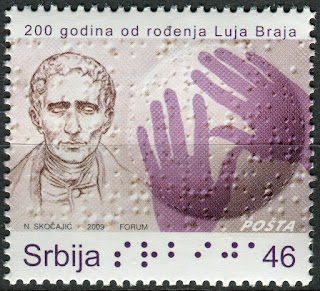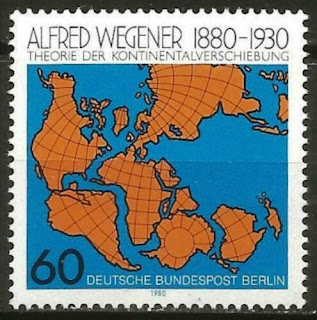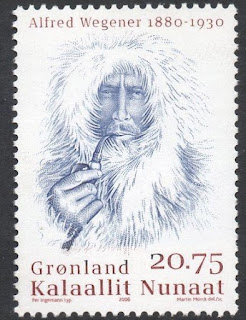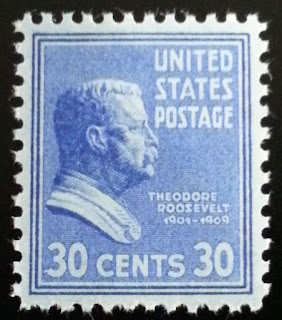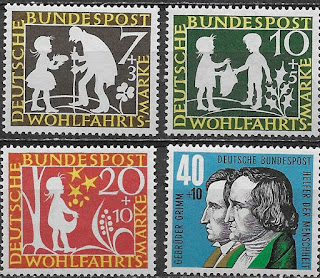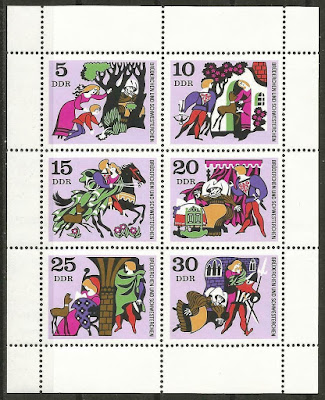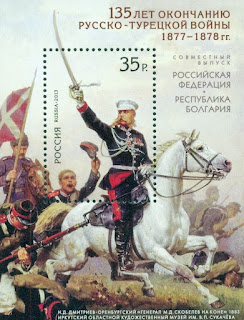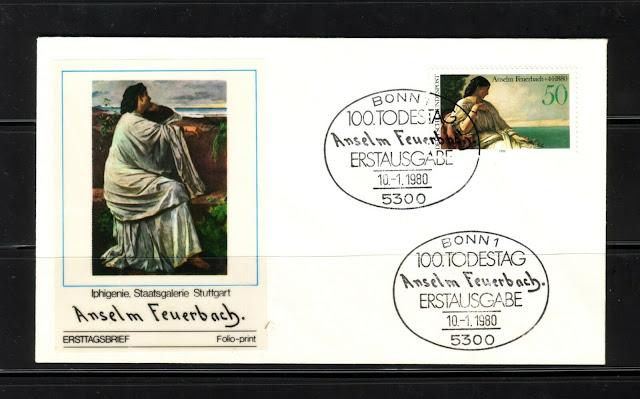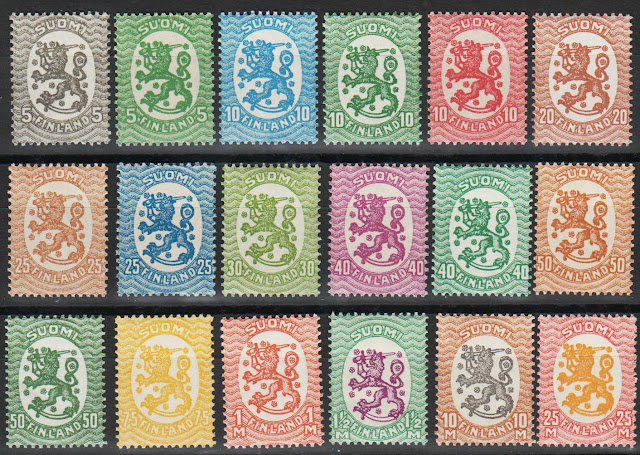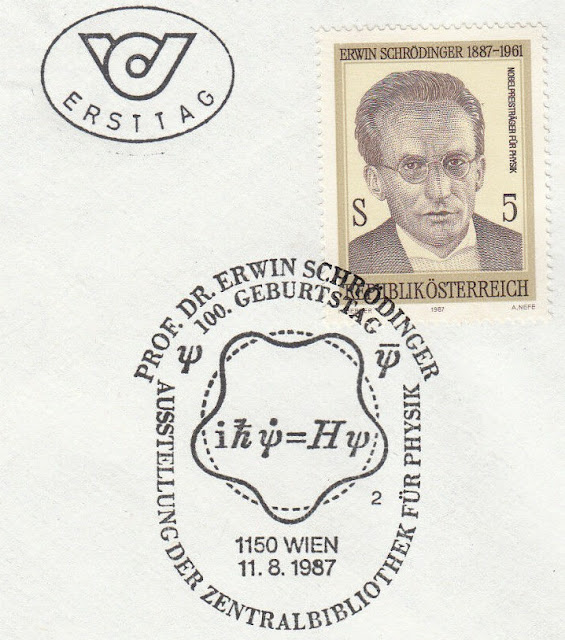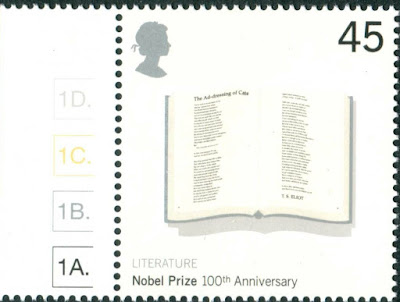Here are some events that happened on February 12th. It could be an event or a person that died or was born on that day
1763 Died: Pierre de Marivaux, French author and playwright (b. 1688)
Pierre Carlet de Chamblain de Marivaux (4 February 1688 – 12 February 1763), commonly referred to as Marivaux, was a French novelist and dramatist.
He is considered one of the most important French playwrights of the 18th century, writing numerous comedies for the Comédie-Française and the Comédie-Italienne of Paris. His most important works are Le Triomphe de l'amour, Le Jeu de l'amour et du hasard and Les Fausses Confidences. He also published a number of essays and two important but unfinished novels, La Vie de Marianne and Le Paysan parvenu.
Stamps from Monaco and France depicting de Marivaux
1809 Born: Charles Darwin, English geologist and theorist (d. 1882)
Charles Robert Darwin (12 February 1809 – 19 April 1882) was an English naturalist, geologist and biologist, best known for his contributions to the science of evolution. His proposition that all species of life have descended over time from common ancestors is now widely accepted, and considered a foundational concept in science. In a joint publication with Alfred Russel Wallace, he introduced his scientific theory that this branching pattern of evolution resulted from a process that he called natural selection, in which the struggle for existence has a similar effect to the artificial selection involved in selective breeding. Darwin has been described as one of the most influential figures in human history, and he was honoured by burial in Westminster Abbey.
Darwin published his theory of evolution with compelling evidence in his 1859 book On the Origin of Species. By the 1870s, the scientific community and a majority of the educated public had accepted evolution as a fact. However, many favoured competing explanations which gave only a minor role to natural selection, and it was not until the emergence of the modern evolutionary synthesis from the 1930s to the 1950s that a broad consensus developed in which natural selection was the basic mechanism of evolution. Darwin's scientific discovery is the unifying theory of the life sciences, explaining the diversity of life.
Darwin's early interest in nature led him to neglect his medical education at the University of Edinburgh; instead, he helped to investigate marine invertebrates. Studies at the University of Cambridge (Christ's College) encouraged his passion for natural science. His five-year voyage on HMS Beagle established him as an eminent geologist whose observations and theories supported Charles Lyell's conception of gradual geological change, and publication of his journal of the voyage made him famous as a popular author.
Puzzled by the geographical distribution of wildlife and fossils he collected on the voyage, Darwin began detailed investigations, and in 1838 conceived his theory of natural selection. Although he discussed his ideas with several naturalists, he needed time for extensive research and his geological work had priority. He was writing up his theory in 1858 when Alfred Russel Wallace sent him an essay that described the same idea, prompting immediate joint publication of both of their theories. Darwin's work established evolutionary descent with modification as the dominant scientific explanation of diversification in nature. In 1871 he examined human evolution and sexual selection in The Descent of Man, and Selection in Relation to Sex, followed by The Expression of the Emotions in Man and Animals (1872). His research on plants was published in a series of books, and in his final book, The Formation of Vegetable Mould, through the Actions of Worms (1881), he examined earthworms and their effect on soil.
Stamps from Gibraltar, Great Britain, Jersey and Tuvalu commemorating Darwin
1809 Born: Abraham Lincoln, American lawyer and politician, 16th President of the United States (assassinated in 1865)
Abraham Lincoln (February 12, 1809 – April 15, 1865) was an American statesman and lawyer who served as the 16th president of the United States from March 1861 until his assassination in April 1865. Lincoln led the nation through the American Civil War, its bloodiest war and its greatest moral, constitutional, and political crisis. He preserved the Union, abolished slavery, strengthened the federal government, and modernized the U.S. economy.
Born in Kentucky, Lincoln grew up on the frontier in a poor family. Self-educated, he became a lawyer, Whig Party leader, Illinois state legislator and Congressman. In 1849, he left government to resume his law practice, but angered by the success of Democrats in opening the prairie lands to slavery, reentered politics in 1854. He became a leader in the new Republican Party and gained national attention in 1858 for debating national Democratic leader Stephen A. Douglas in the 1858 Illinois Senate campaign. He then ran for President in 1860, sweeping the North and winning. Southern pro-slavery elements took his win as proof that the North was rejecting the constitutional rights of Southern states to practice slavery. They began the process of seceding from the union. To secure its independence, the new Confederate States of America fired on Fort Sumter, one of the few U.S. forts in the South. Lincoln called up volunteers and militia to suppress the rebellion and restore the Union.
As the leader of the moderate faction of the Republican Party, Lincoln confronted Radical Republicans, who demanded harsher treatment of the South; War Democrats, who rallied a large faction of former opponents into his camp; anti-war Democrats (called Copperheads), who despised him; and irreconcilable secessionists, who plotted his assassination. Lincoln fought the factions by pitting them against each other, by carefully distributing political patronage, and by appealing to the American people. His Gettysburg Address became an iconic call for nationalism, republicanism, equal rights, liberty, and democracy. He suspended habeas corpus, and he averted British intervention by defusing the Trent Affair. Lincoln closely supervised the war effort, including the selection of generals and the naval blockade that shut down the South's trade. As the war progressed, he maneuvered to end slavery, issuing the Emancipation Proclamation of 1863; ordering the Army to protect escaped slaves, encouraging border states to outlaw slavery, and pushing through Congress the Thirteenth Amendment to the United States Constitution, which outlawed slavery across the country.
Lincoln managed his own re-election campaign. He sought to reconcile his damaged nation by avoiding retribution against the secessionists. A few days after the Battle of Appomattox Court House, he was shot by John Wilkes Booth, an actor and Confederate sympathizer, on April 14, 1865, and died the following day. Abraham Lincoln is remembered as the United States' martyr hero. He is consistently ranked both by scholars and the public as among the greatest U.S. presidents.
US stamps and a First Day Cover depicting Abraham Lincoln
1877 Born: Louis Renault, French engineer and businessman, co-founded Renault (d. 1944)
Louis Renault (12 February 1877 – 24 October 1944) was a French industrialist, one of the founders of Renault and a pioneer of the automobile industry.
Renault built one of France's largest automobile manufacturing concerns, which bears his name to this day. During World War I his factories contributed massively to the war effort notably so by the creation and manufacture of the first effective tank: the Renault FT tank.
Accused of collaborating with the Germans during World War II, he died while awaiting trial in liberated France toward the end of 1944 under uncertain circumstances. His company was seized and nationalized by the provisional government of France although he died before he could be tried. His factories were the only ones permanently expropriated by the French government.
In 1956, Time Magazine described Renault as "rich, powerful and famous, cantankerous, brilliant, often brutal, the little Napoleon of an automaking empire — vulgar, loud, domineering, impatient, he was a terror to associates, a friend to practically none," adding that to the French working man, Renault became known as "the ogre of Billancourt."
Stamps from Andorra, France and Austria depicting Renault cars
1915 – In Washington, D.C., the first stone of the Lincoln Memorial is put into place.
The Lincoln Memorial is an American national memorial built to honor the 16th President of the United States, Abraham Lincoln. It is located on the western end of the National Mall in Washington, D.C., across from the Washington Monument. The architect was Henry Bacon; the designer of the primary statue – Abraham Lincoln, 1920 – was Daniel Chester French; the Lincoln statue was carved by the Piccirilli Brothers; and the painter of the interior murals was Jules Guerin. Dedicated in May 1922, it is one of several memorials built to honor an American president. It has always been a major tourist attraction and since the 1930s has been a symbolic center focused on race relations.
The building is in the form of a Greek Doric temple and contains a large seated sculpture of Abraham Lincoln and inscriptions of two well-known speeches by Lincoln, The Gettysburg Address and his second inaugural address. The memorial has been the site of many famous speeches, including Martin Luther King Jr.'s "I Have a Dream" speech, delivered on August 28, 1963, during the rally at the end of the March on Washington for Jobs and Freedom.
Like other monuments on the National Mall – including the nearby Vietnam Veterans Memorial, Korean War Veterans Memorial, and National World War II Memorial – the memorial is administered by the National Park Service under its National Mall and Memorial Parks group. It has been listed on the National Register of Historic Places since October 15, 1966, and was ranked seventh on the American Institute of Architects 2007 list of America's Favorite Architecture. The memorial is open to the public 24 hours a day, and more than seven million people visit it annually.
US stamps depicting the Lincoln Memorial



